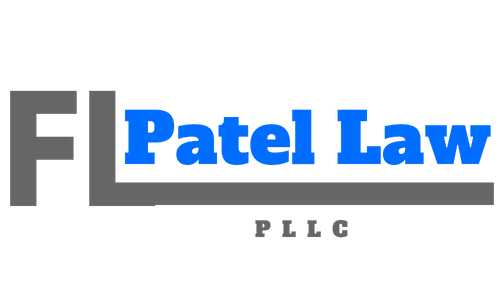Lean Manufacturing and the Benefit it Brings to Your Company
A Kanban system is a scheduling and production planning system that serves the purpose of maximizing productivity. Workflow shortcomings that impact idle time or contribute to inefficiencies are corrected for optimal productivity levels.
Overview of how companies aim to benefit from a Kanban program
The Kanban system offers flexibility in allowing employees to contribute feedback to improve productivity and halt production when demand needs change. The focus on continuous delivery means that customers have consistent access to the latest innovations and goods they desire when they need them. The increased productivity better utilizes personnel where required, reducing issues like employee burnout and idleness. Team members can see how their contributions to the production process affect other functions in the workflow. Overproduction and other areas of waste are always evaluated. The increased efficiency improves profitability and the company’s bottom line.
Seeing Kanban at work in the production setting
When the system is implemented in manufacturing settings, you see a difference across multiple areas. The system can impact nearly every area of production. Here are some of the things the Kanban program accomplishes.
Dependability in its ability helps the process reliably deliver products continuously. These solutions give customers the advantage of having consistent access to the benefits the product has to offer. The continuous improvement goals remain a priority throughout the production and delivery process.
Understanding how time is being spent is another advantage of using the system. Knowing which employees have a higher workload or less to do ensures that all people are utilized. They can identify which personnel should be placed in other areas to improve overall efficiency in the production environment.
Kanban maps out your production planning efforts into a visual tool. This value stream map allows employees to see where they fall in the production cycle and how their respective roles in the period support the next step in production.
Kanban limits the amount of time wasted on menial tasks that don’t contribute real value to the production cycle. When implemented, the system defines the work-in-progress. This reduces the chances of there becoming a problem with work overload. It also keeps productivity consistent within the department.
The system reduces the issue of overproduction. In focusing on various of waste affecting productivity, the system is flexible in that it can be altered to stop as soon as an upstream signal requires it to halt production. Production only resumes when there is a Kanban signal requesting more items.
The demand is ever changing. The Kanban system recognizes this and utilizes sophisticated calculations to respond to the changes when demand dictates. When demand climbs to a certain level, areas throughout the facility receive the green light to resume production.
Sourcing efforts can improve. The Kanban system uses an RFID scan, which automatically creates a PO receipt used in ERP distribution planning efforts. In automating these processes, buyers can focus on strengthening their supply chain networks.
Making Kanban work
There are countless ways to benefit from a Kanban program. Identifying the various opportunities for optimization and improved productivity is a collaborative effort. Soliciting the support of critical team members to provide insight into the process gives invaluable insight and makes it that much easier to implement improvements. The system requires a commitment from all team members to create the best opportunities for improving workflows and decreasing inefficiencies.
Companies receive immediate benefits in implementing the Kanban program. In launching the system in just one area, management will quickly see the various ways to benefit from a kanban program. In wielding support among all team members, companies can get the best out of the system.
Looking to start a business or grow your current business? Contact FL Patel Law today by visiting our website or calling 727-279-5037.





